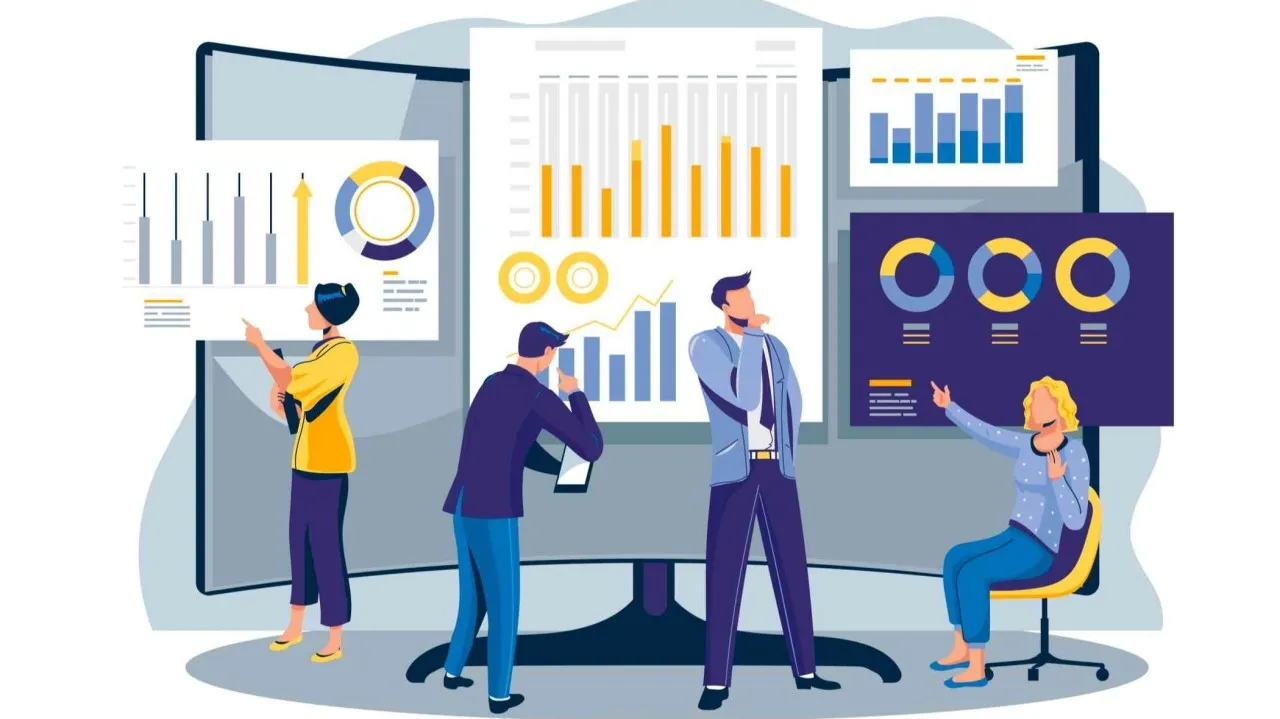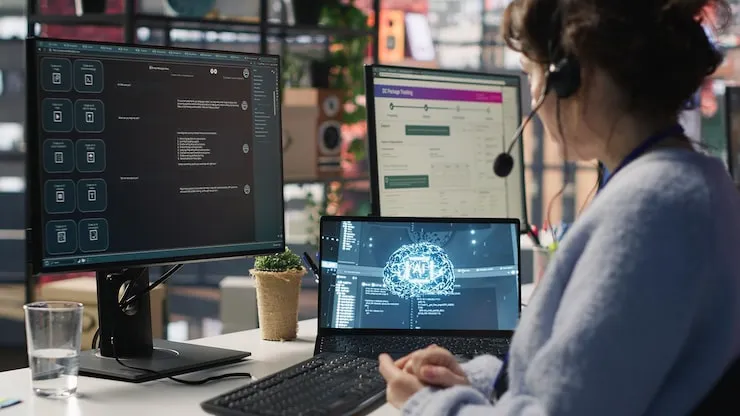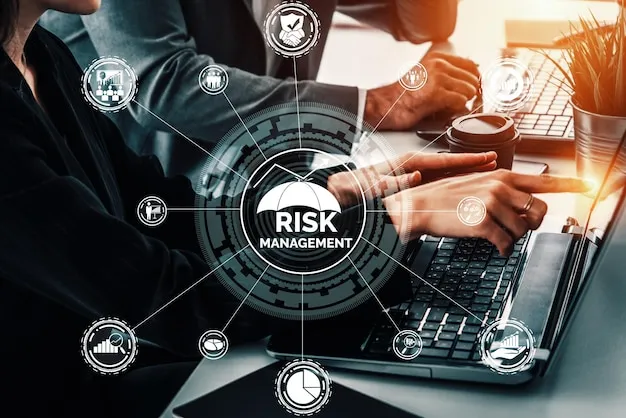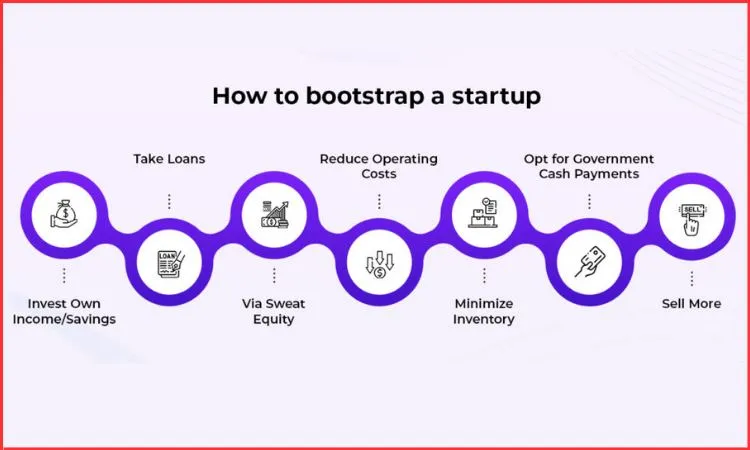When I first started my job, I believed technical skills were everything. I thought if I knew my work well, I’d automatically succeed. But I soon learned a huge lesson: social skills in the workplace matter just as much—if not more.
What Are Social Skills in the Workplace
Before I dive deeper, let me explain. Social skills (also called interpersonal skills or people skills) are how we talk, listen, and work with others. These include communication, teamwork, empathy, and problem-solving. They help us build good relationships at work.
I realized that no matter how great I was at my tasks, I needed to communicate, cooperate, and connect with my coworkers, managers, and even customers.
Why Are Social Skills Important in the Workplace
Let me share a real moment. During a big team project, I had to present ideas to my boss and colleagues. I was nervous! But I practiced my communication skills and stayed positive. My team loved my ideas because I explained them clearly. That day, I understood why social skills are important in the workplace.
Now, let’s explore some clear reasons.
Read also: Pros And Cons Of Social Media For Students
Why Are Social Skills Important in the Workplace
Boosting Teamwork and Collaboration at Work
Working in a team is common in almost every job. I’ve seen how good social skills make teams stronger. People listen better, share ideas, and help each other. This makes work more fun and more successful!
Better Communication for Better Results
Have you ever misunderstood a coworker’s email? I have! Clear communication skills prevent mistakes. Whether it’s talking face-to-face or writing emails, I learned that using simple words and a friendly tone helps a lot.
Problem-Solving and Conflict Resolution in the Office
Conflicts happen. That’s life. But I’ve noticed that strong social skills help solve problems quickly. Instead of fighting, people talk it out and find solutions. I once helped two coworkers settle a misunderstanding just by listening and encouraging them to share their feelings.
Building Positive Workplace Relationships
Having friends at work makes every day better! I make it a point to say "Good Morning" and smile at my teammates. These small actions build trust and make teamwork easier.
Leadership Growth and Career Opportunities
If you want to become a leader (like I do), interpersonal skills are a must. According to the U.S. Bureau of Labor Statistics, employers look for leaders with excellent soft skills like communication, empathy, and decision-making.
Real Expert Opinions: What Professionals Say About Social Skills at Work
I wanted to back up my thoughts with expert advice.
Dr. Jennifer Newman, a workplace psychologist, says: “People with strong social skills manage stress better, build better teams, and are more likely to get promoted.”
Also, a report from Harvard University mentions that 85% of job success comes from well-developed soft and people skills, while only 15% comes from technical knowledge.
Read also: Social Media Etiquette For Businesses And Brands
More Benefits: Why Are Social Skills Important in the Workplace Long-Term
Enhancing Job Satisfaction and Workplace Happiness
Ever felt stressed at work because you couldn’t express yourself? I have! Good social skills lower stress and improve job satisfaction. Talking openly helps me feel more relaxed and focused.
Boosting Productivity and Team Efficiency
When everyone understands each other, work gets done faster. I’ve seen teams finish projects early just because they talked clearly and worked as one.
Improving Customer Service and Client Relationships
If your job involves clients or customers (like mine does), communication skills help create loyal customers. A happy customer often comes back.
Making a Lasting Impression in Job Interviews
When I went for my last job interview, I made sure to show confidence, maintain eye contact, and speak clearly. Guess what? I got the job! Interviewers often check for communication skills, body language, and listening abilities.
How I Improved My Social Skills at Work (Easy Tips That Worked for Me)
If you’re wondering how to build these skills, here’s what I did:
Practice Active Listening Daily
I started listening carefully without interrupting. I repeat back what people say to show I understand.
Join Team Discussions
Earlier, I stayed quiet during meetings. Now, I share ideas (even small ones) and ask questions. This shows I care.
Attend Workplace Training Sessions
Many companies offer communication workshops or soft skills training. I signed up for one, and it helped a lot.
Observe and Learn from Leaders
I watched how my manager handled conflicts or motivated the team. Then, I applied those tricks myself.
Give and Accept Feedback
Earlier, I felt bad when someone gave me feedback. Now, I take it as a learning chance and give feedback politely too.
Common Social Skills Employers Look for (And How I Developed Them)
Here’s a quick list of important workplace social skills I worked on:
- Communication
- Teamwork
- Problem-solving
- Empathy
- Adaptability
- Conflict resolution
- Leadership
- Active listening
You can start with small steps, just like I did.
FAQs: Why Are Social Skills Important in the Workplace?
Can social skills help me get promoted?
Yes! Strong social skills show leadership potential. Employers often promote people who communicate well and build good teams.
How do social skills reduce workplace stress?
Good communication clears up misunderstandings and avoids conflicts. This creates a more peaceful work environment.
Are social skills important for remote jobs?
Absolutely! Even when working from home, skills like virtual communication, team collaboration, and empathy matter a lot.
What if I’m naturally shy?
That’s okay! I was shy too. Start by smiling, listening, and joining small conversations. Your confidence will grow with practice.
How can I improve my workplace social skills quickly?
Attend soft skills training, ask for feedback, and observe people with good communication habits. Reading books or watching videos on workplace communication can also help.
Final Thoughts:
Looking back, I’m glad I worked on my social skills. They’ve helped me communicate better, make friends at work, solve problems faster, and even get new career opportunities. If you’re like me and wondering “Why are social skills important in the workplace?”, just remember: every day is a chance to improve. Small changes can make a big difference. The better your interpersonal skills, the happier and more successful your work life will be.










